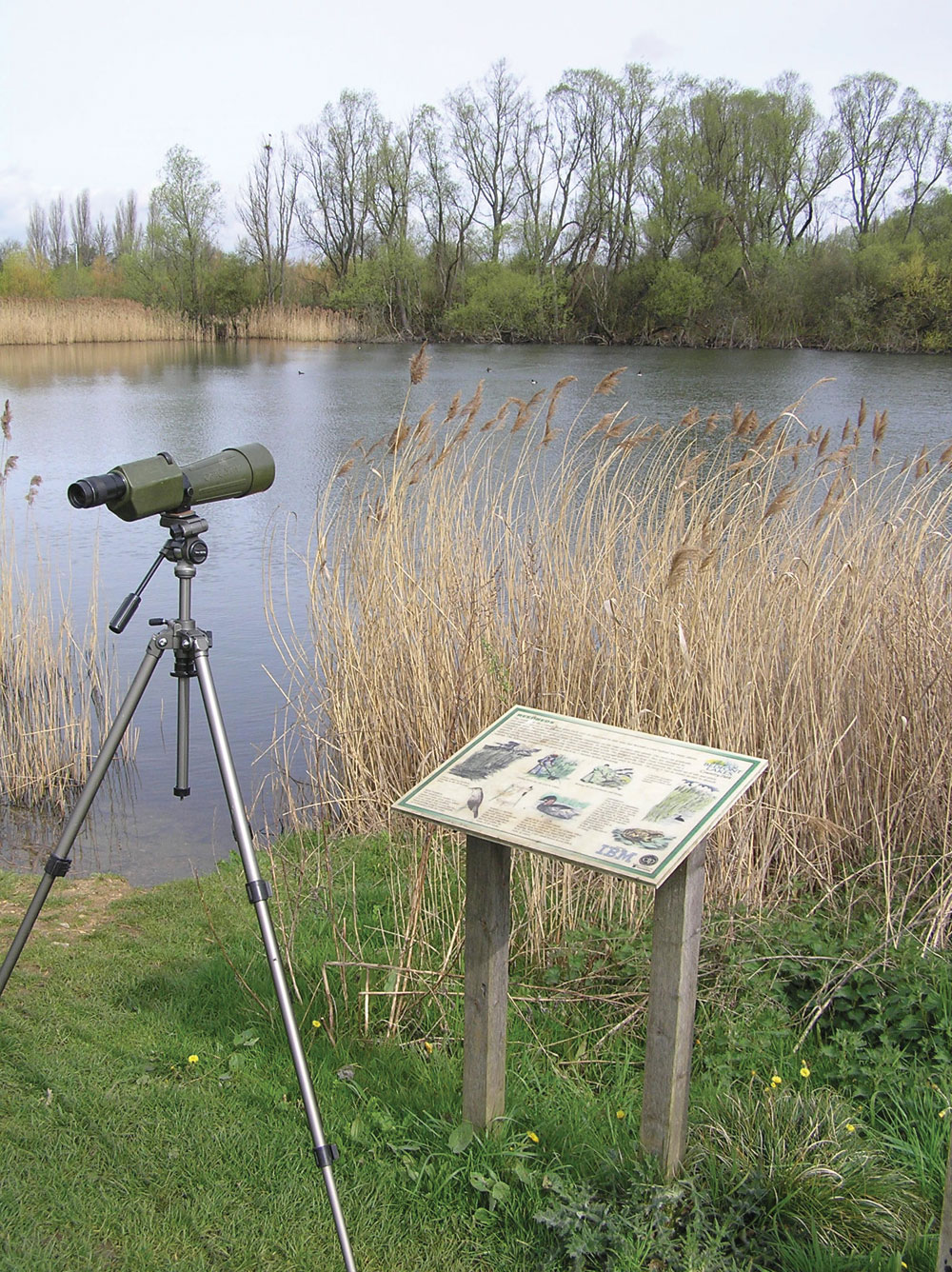A Brighter Future For Quarrying

Introduction to the concept of conservation banking
By Dr. Brian Biggs and Professor David Hill of The Environment Bank Ltd
Developers in general and quarry operators in particular are finding it more difficult to obtain permission to extract minerals as the planning process becomes increasingly complex and, some would argue, frustrating.
This is occurring at a time when the Government wants to see an unprecedented level of house building, regardless of the acute problems arising from the current credit crunch. But has anyone considered where the minerals will come from to deliver this development?
Ironically, the biggest issues tend to arise from environmental constraints, despite the fact that many of the UK’s most valuable wildlife sites are a direct result of historical quarrying activities, eg the Cotswold Water Park, the South West London Waterbodies SPA and Lee Valley SPA.
Wetlands have recently been highlighted in the UK’s Wetland Vision as a priority habitat for restoration across the UK. Not only are wetlands rich in wildlife, but they also provide a number of essential ecosystem services, including flood alleviation, water purification and being one of the most popular habitats for human recreation and enjoyment.
Many quarry operators are keener now than at any time in the past to demonstrate their commitment to environmental issues, and a number of recent schemes have clearly illustrated that, with the right management and design, mineral workings can develop into rich sites for nature over an extensive period. So, why do they meet such resistance?
Clearly, in some instances, gravel-deposits do not make suitable sites for extraction because they lie below existing designated wildlife sites or other important semi-natural habitats. However, many proposed quarrying locations are on degraded habitats or farmland which could be restored to a higher quality for wildlife and recreation when extraction is complete.
The process of agreeing details over mitigation schemes requested within the site boundary that, in the end, do not deliver and are not monitored can hold up such plans. Aggregate companies argue that there is too much of a delay between the submission of the planning application, commencement of works and the eventual ecological restoration. As a result, well-intentioned plans are watered down during the process and nobody benefits, least of all wildlife.
Fortunately, there is a solution in the form of a process known as ‘conservation banking’. By creating or restoring habitats elsewhere, it is possible to provide attractive conditions for habitats and species of conservation interest in advance of mineral extraction taking place, thereby removing the main obstacles to any planning permission.
Such a process could result in significant gains for biodiversity and, with careful siting, could also help to link existing nature reserves with larger, more coherent networks, which will be vitally important if many native species are to survive the effects of climate change.
Bigger nature reserves also provide more opportunities for public recreation. In theory, quarry operators could compensate for the impacts of multiple quarries, resulting in huge economies of scale not only ecologically, but also in expertise, financing, administration and management.
Conservation banking has become common practice in the US over the last 20 years, and The Environment Bank is now piloting and promoting the concept in the UK. The company believes conservation banking will become standard practice within the next few years, although certain policy changes will help speed up the process.
The Environment Bank, meanwhile, has urged the MPA (formerly QPA) to seek agreement from the authorities to use conservation banking within mineral extraction operations and planning applications for the benefit of developers, conservationalists and planners alike.


